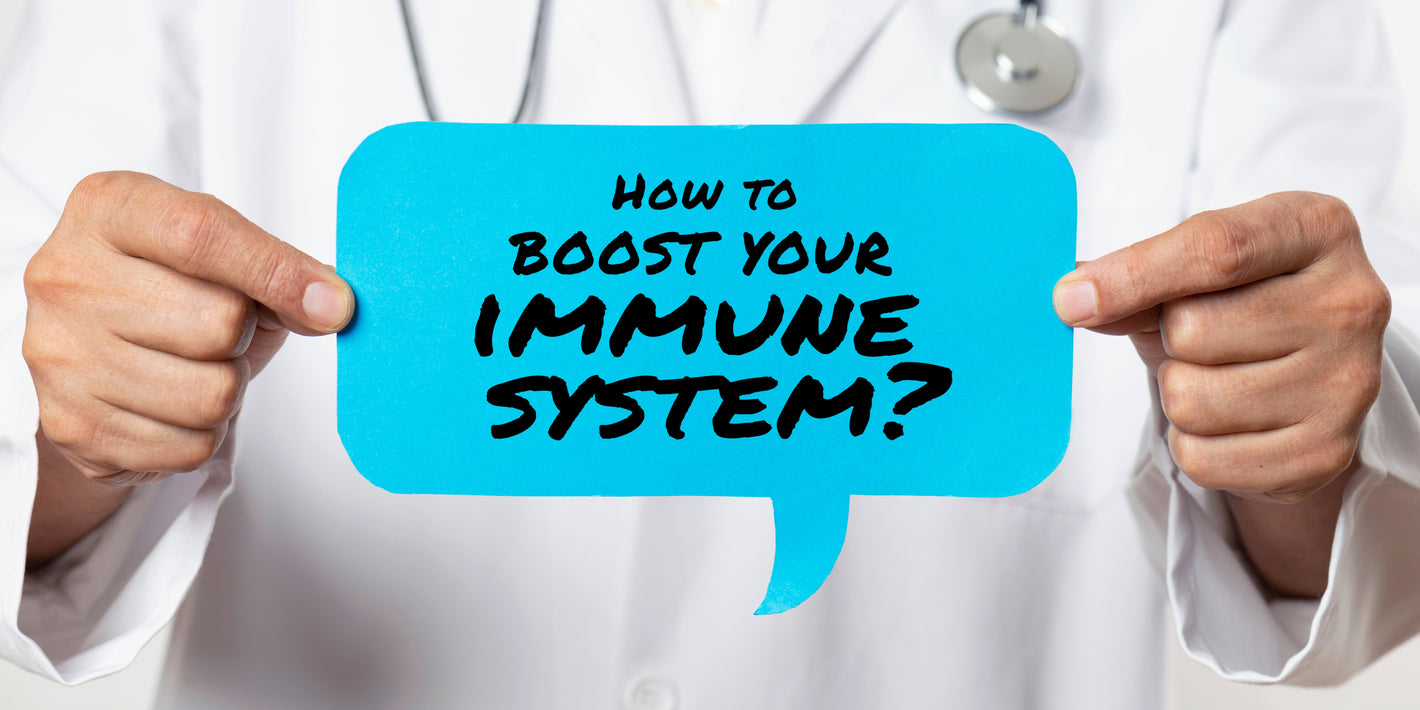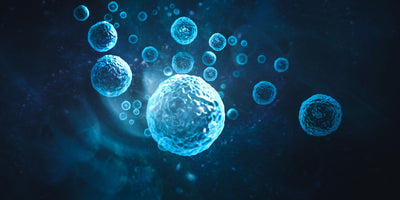
4 Immune-Boosting Power of Astaxanthin
Astaxanthin is a powerful, naturally occurring carotenoid, renowned for its potent antioxidant properties. Predominantly found in marine organisms such as microalgae, salmon, trout, and shrimp, it gives these organisms their vibrant pinkish hue. However, the aesthetic appeal is just the surface of astaxanthin's numerous benefits, especially for immune health.
1. Key Factors Impacting Astaxanthin's Immune-Boosting Abilities
Astaxanthin is a robust antioxidant that shields the body from the damaging effects of free radicals. It boosts the immune system by enhancing the body's defense mechanisms, promoting overall health, and even slowing down the aging process. This is primarily because of its unique molecular structure, allowing it to neutralise multiple free radicals simultaneously.
Various factors can influence the effectiveness of astaxanthin in immune health. Firstly, the absorption rate of astaxanthin can vary depending on its form - natural or synthetic, and the diet's overall quality. Additionally, dosage, frequency of intake, and individual health conditions can significantly affect its impact.
Another essential factor to consider is the source of astaxanthin. The potency of astaxanthin derived from natural sources, such as the microalgae Haematococcus pluvialis, is often more substantial than its synthetic counterparts. Moreover, astaxanthin sourced from sustainable methods is eco-friendlier, which indirectly impacts overall health by contributing to a healthier planet.
2. Astaxanthin and Cellular Defense: Strengthening the Immune System

At a cellular level, astaxanthin works wonders. It acts as a guardian, protecting cellular integrity from oxidative stress, thereby enhancing the immune response. This process is crucial in defending the body against various diseases and infections.
Astaxanthin’s antioxidant ability surpasses many of its peers, such as beta-carotene and vitamin E. This superior antioxidant activity gives it a competitive edge in fortifying cellular defense mechanisms, supporting the immune system, and combatting inflammatory responses.
A unique feature of astaxanthin is its ability to span the entire cell membrane, offering protection to both the interior and exterior of the cell. This dual action is rare among antioxidants and enhances astaxanthin's potency in cellular defense.
3. The Role of Astaxanthin in Enhancing Antioxidant Activity for Immune Support
Astaxanthin enhances the body's antioxidant activity, strengthening the immune system. It neutralises harmful free radicals and reduces oxidative stress, a primary cause of several chronic diseases.
Astaxanthin also upregulates the body's antioxidant defense mechanism. Studies have shown it to stimulate the production of its own antioxidants, further fortifying the body’s natural defenses. This process reduces the likelihood of diseases linked to oxidative damage, such as heart disease, neurodegenerative disorders, and certain types of cancer.
Moreover, astaxanthin's antioxidant activity plays a crucial role in reducing inflammation – a common response of the immune system. Chronic inflammation is linked with various health conditions, including heart disease, diabetes, and arthritis. Astaxanthin helps control this inflammation, thereby supporting overall immune health.
4. Taking Astaxanthin Supplements: Maximising Immune-Boosting Benefits
While astaxanthin is present in certain seafood, obtaining a significant amount through diet alone can be challenging. Hence, astaxanthin supplements are a practical way to maximise its immune-boosting benefits.
Before starting any supplementation, consulting a healthcare provider is crucial. Dosage, form, and absorption capacity are vital considerations. Studies suggest that natural astaxanthin, particularly from Haematococcus pluvialis, is more effective and better absorbed. Encapsulated forms, such as soft gels, also enhance absorption.
When considering supplements, it's crucial to remember that they are not standalone solutions. A healthy lifestyle, encompassing a balanced diet and regular exercise, is essential to achieve optimal immune health. Additionally, long-term intake of supplements should be monitored, as the long-term effects of high doses are still under research.
Summary
Key Factors Impacting Astaxanthin's Immune-Boosting Abilities- Astaxanthin is a powerful antioxidant that enhances immune response and slows aging. Its unique structure allows it to neutralise multiple free radicals effectively.
- Its effectiveness varies based on form, absorption, dosage, and health conditions. Natural sources like Haematococcus pluvialis algae offer more potency and environmental benefits.
- Astaxanthin protects cells from oxidative stress, crucial for a strong immune system. This cellular protection is key to fighting diseases and infections.
- It outperforms other antioxidants like beta-carotene and vitamin E. Astaxanthin uniquely protects both sides of cell membranes, enhancing immune support.
- Astaxanthin strengthens the immune system by boosting antioxidant activity. It reduces oxidative stress, linked to chronic diseases.
- It stimulates the body's own antioxidants, reducing disease risk. Astaxanthin also controls inflammation, important for immune health.
- Supplements are practical for getting enough astaxanthin. Consulting healthcare providers for proper dosage and form is essential.
- Natural astaxanthin, especially from Haematococcus pluvialis, is more effective. Supplements should complement a healthy lifestyle. Monitoring long-term use is important, as high-dose effects are still unknown.









